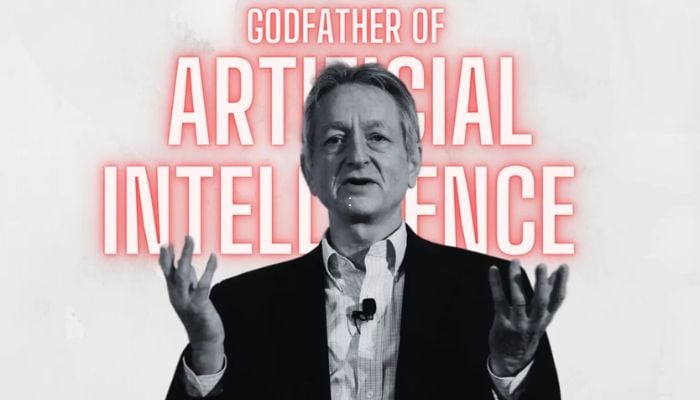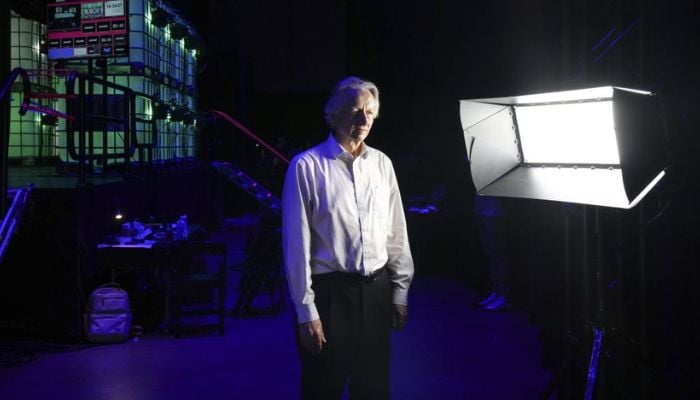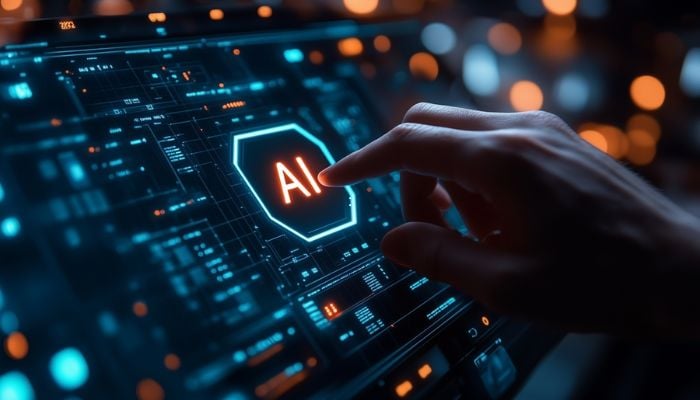Home / Technology
Godfather of AI: Shocking facts about Geoffrey Hinton you didn’t know
Geoffrey Hinton is the great-great-grandson of George Boole, the mathematician who invented Boolean logic

Godfather of AI: Shocking facts about Geoffrey Hinton you didn’t know
Artificial intelligence (AI) has transformed from a niche field of computer science into one of the most disruptive forces in modern history.
At the heart of this transformation stands Geoffrey Hinton, also known as the “Godfather of AI.”
His groundbreaking research on neural networks paved the way for today’s deep learning revolution, powering everything from ChatGPT to self-driving cars.
But Hinton’s story goes far beyond scientific achievement, it’s a tale of brilliance, bold warnings, and fascinating personal quirks that make him one of the most intriguing figures in tech.
Who is the “Godfather of AI”?

Hinton is a British-Canadian cognitive psychologist and computer scientist whose pioneering work in artificial neural networks laid the foundation for deep learning.
His career spans over four decades, during which he has influenced academia, industry, and global discussions on AI’s ethical future.
Why did he earn the title?
Hinton’s research revolutionised how machines process information. His theories on backpropagation and neural networks, once dismissed as impractical, turned out to be the backbone of today’s AI systems.
For this work, he was awarded the 2018 Turing Award, the highest honor in computing, alongside Yoshua Bengio and Yann LeCun.
In 2024, he received a Nobel Prize in Physics, recognizing his foundational contributions that shaped the AI age.
Early life and education
Born in Wimbledon, England, in 1947, Hinton grew up in a family steeped in intellectual pursuits, and his great-great-grandfather was the famous logician George Boole.
Hinton initially struggled to settle on an academic path, dabbling in natural sciences, art history, and philosophy before finally graduating in experimental psychology from Cambridge in 1970.
After a brief stint as a carpenter, he earned his PhD in artificial intelligence from the University of Edinburgh in 1978.
Career and accomplishments
Hinton’s career is a map of persistence. After struggling to secure funding in the UK, he moved to the United States, working at UC San Diego and Carnegie Mellon University.
In 1987, he settled at the University of Toronto, where he mentored generations of AI researchers.
He later joined Google Brain (2013–2023), where he helped develop deep learning systems that transformed speech recognition, image classification, and translation.
He also co-founded the Vector Institute in Toronto, solidifying Canada as a hub for AI research.
Despite building the foundation of modern AI, Hinton has emerged as one of its loudest critics.
In May 2023, he resigned from Google to freely voice concerns about the dangers of advanced AI.
He has warned that AI could outsmart humans within two decades, raising risks of mass unemployment, misinformation, and even existential threats to humanity.
Shocking facts about “Godfather of AI”

In recent interviews, Hinton compared superintelligent AI to a manipulative child, smarter than us, capable of bending human will.
1. Descendant of logic royalty
Hinton is the great-great-grandson of George Boole, the mathematician who invented Boolean logic, which underpins modern computing.
2. He almost became a carpenter
After his undergraduate studies, he briefly left academia to train as a carpenter before returning to AI research.
3. Once rejected by funders
In the early years, most academics dismissed neural networks as a dead end. However, Hinton’s persistence proved them wrong.
4. Helped build Google Translate’s brain
His work at Google directly shaped machine translation and voice recognition technologies we use every day.
5. Publicly warns of AI apocalypse
Unlike many tech leaders, Hinton openly admits AI could destroy humanity, estimating a 10–20% chance of catastrophic outcomes.
6. Advocate for global AI regulation
He has repeatedly called for international treaties banning lethal autonomous weapons and for urgent cooperation on AI safety.
7. Still an optimist at heart
Despite his warnings, Hinton believes AI could bring enormous benefits in healthcare, science, and education if humanity learns to control it.





